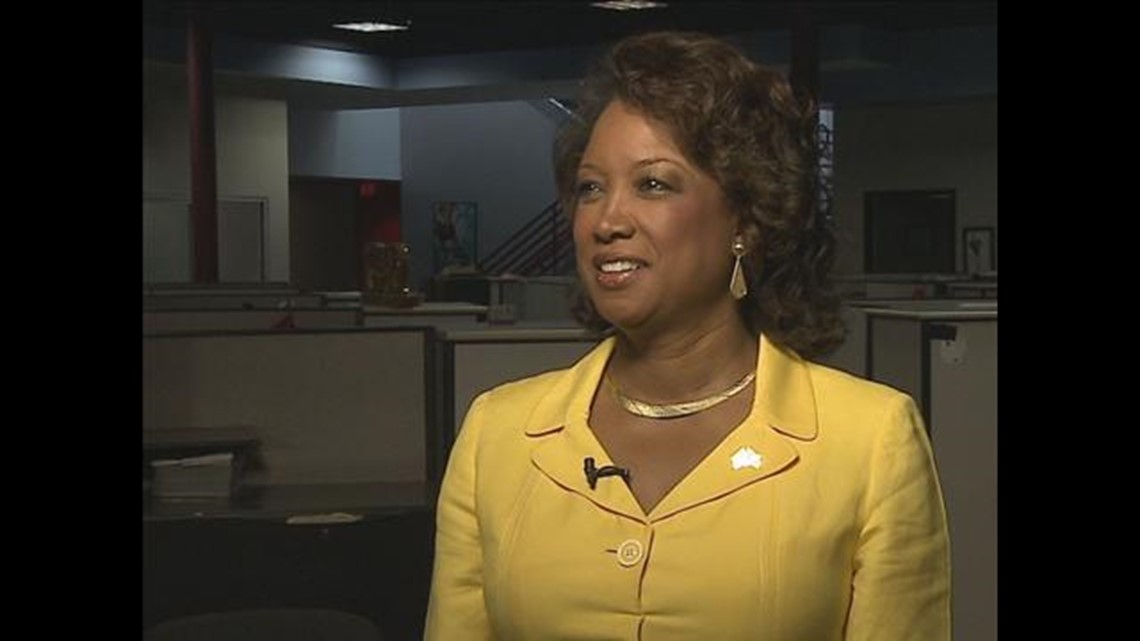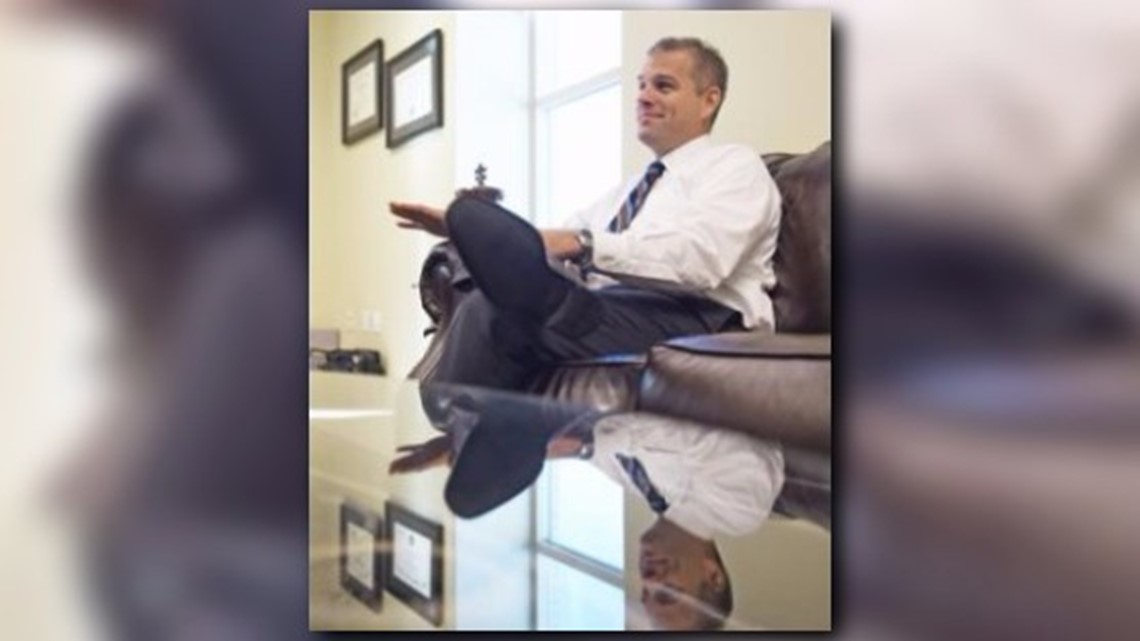The indictments of two sitting Jacksonville City Council members are the latest in a series of scandals that have rocked local political leaders. U.S. Rep. Corrine Brown, Jacksonville police union chief Nelson Cuba, JaxPort board member Tony Nelson, State Rep. Reginald Fullwood, Lt. Gov. Jennifer Carroll and Public Defender Matt Shirk were each in the headlines for months, and in some cases, years. Some faced criminal charges. Others lost elected positions because of scandals that never resulted in indictments. Here’s a look at those cases.


Story from The Florida Times-Union: Notable scandals in recent Jacksonville history
1. Former U.S. Rep. Corrine Brown
Former U.S. Rep. Corrine Brown was indicted in July 2016 on 22 charges involving mail and wire fraud. She was accused of conspiring to cash in on more than $800,000 her supporters donated to a sham charity, One Door for Education.
Brown, who had served in congress from 1992 until she was voted out of office in 2016 during the primary and after her indictment, was convicted in May 2017 on 18 counts.
Brown began a five-year prison sentence in January 2018 at a minimum-security camp in a federal prison complex in Sumter County. She continues to appeal her conviction.


Brown’s chief of staff Ronnie Simmons was sentenced to 48 months in prison on related charges.
The fake charity’s founder Carla Wiley was sentenced to 21 months.
2. Nelson Cuba, Allied Veterans


Nelson Cuba, the then powerful leader of the Jacksonville Fraternal Order of Police, was charged of racketeering, money laundering, running an illegal lottery, keeping gambling houses and illegally structuring financial transactions. Prosecutors argued that Cuba, shown here in 2012, was paid off to keep police away from Allied Veterans operations.


Nelson pleaded guilty to one count each of the manufacture, sale or possession of illegal slot machines, operating an illegal lottery and illegally structuring a monetary transaction. He was sentenced to one year of house arrest and four years of probation. He also agreed to donate $45,000 to charity. Robbie Freitas, Cuba’s second in command at the union, pleaded guilty to illegally structuring financial transactions and running an illegal lottery, but got no jail time.
Then Florida lieutenant governor Jennifer Carroll, who was not charged in the case, resigned from office. A public relations firm she had co-owned had done work for Allied and she had promoted the organization on television. She said she was forced out of her job by gubernatorial aides who couldn’t control her and didn’t like that she had the ear of Gov. Rick Scott.


A local attorney, who prosecutors dubbed the “mastermind” of the scheme, was convicted and received six years in prison, but that was later overturned. Others involved in the organization cut deals, but none of those faced prison time.
3. Former Jacksonville Port Authority Chairman Tony Nelson
Former Jacksonville Port Authority Chairman Tony Nelson was indicted by a federal grand jury in January 2010 on 44 counts charging him with conspiracy, money launching, mail fraud, bribery and making a false statement to the FBI. After a four-year federal probe, he was accused of accepting bribes to use his influence at the independent authority.
In May 2011, Nelson was found guilty of multiple counts of bribery, money laundering, mail fraud and one count each of conspiracy and lying to the FBI. In February 2012, he was sentenced to 40 months in a Jesup, Ga., prison. Nelson was also required to serve one year of supervised release, to perform 200 hours of community service and to let the government review his finances.
4. Reggie Fullwood


In April 2016, then State Rep. Reggie Fullwood was charged in federal court with 10 counts of wire fraud and four charges of not filing income tax returns from 2011 to 2014. Fullwood, who had control over his campaign’s bank account, was accused of transferring thousands of dollars online to another account belonging to a defunct company he created, Rhino Harbor LLC. Once money was moved to the Rhino Harbor account, Fullwood was accused of used to pay personal expenses at grocery stores, jewelers, restaurants and other businesses.
In September 2016, Fullwood pleaded guilty to single counts of wire fraud and not filling an income tax return. In return for those pleas, prosecutors dropped nine other wire fraud counts and three more tax charges.In February 2017, Fullwood was sentenced to six months of home detention followed by federal supervision.
5. Matt Shirk
An August 2013 Times-Union investigation details dissension in the office of Public Defender Matt Shirk following the hiring of a young woman Shirk sought out after seeing her photo on social media and ending with Shirk’s chief of staff asking a former investigator to help him avoid following the public records law. In between, there was a perceived unusual closeness between Shirk and the young woman, the quick hiring of the young woman’s friend and a visit to the office from Shirk’s wife, who a second investigator said threatened a third woman’s employment after the woman received an inappropriate text from Shirk’s phone. Not long after Shirk’s wife’s visit, the three women were terminated and two investigators resigned in anger over the women losing their jobs for reasons beyond their control.


In Dec. 2014, a Duval County grand jury recommended Shirk resign immediately following its findings that:
- Shirk fired three women from his office solely to help repair his marriage.
- Shirk violated local law by offering alcohol in his office.
- Shirk violated attorney-client privilege when he shared details from a conversation he had with Cristian Fernandez with a documentary crew.
- Shirk and his staff redirected funds to pay for an unapproved shower in his office.
- Shirk’s chief of staff was looking to keep the public from knowing about Shirk’s wife’s altercation at the Public Defender’s Office when he order the removal of her access badge data.
- Shirk embarrassed his office and used it as his personal playpen to satisfy his whims.
- Shirk’s behavior unnecessarily exposed the taxpayers to a lawsuit.
Shirk refused to resign and even mounted an unsuccessful bid to be re-elected to a third term as public defender. Instead, Charlie Cofer, a 64-year-old former judge who’d spent his working life outside the limelight, trounced Shirk, once a rising Republican star who saw the political and legal establishment abandon him in the face of scandal.

